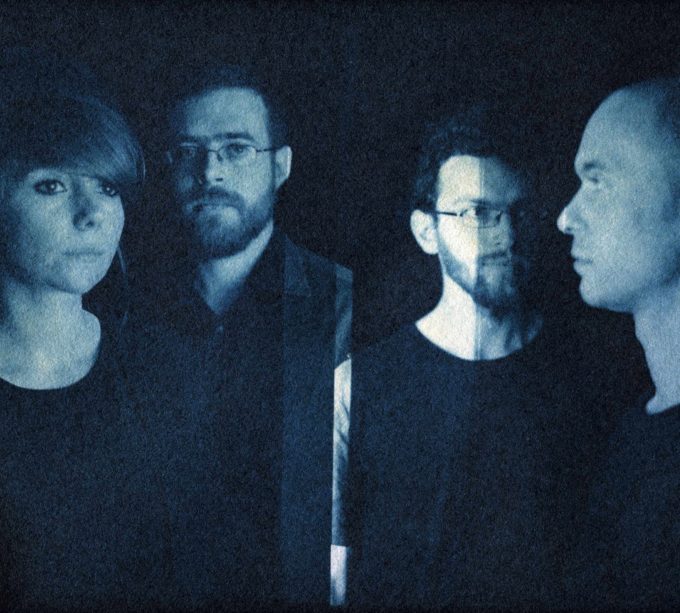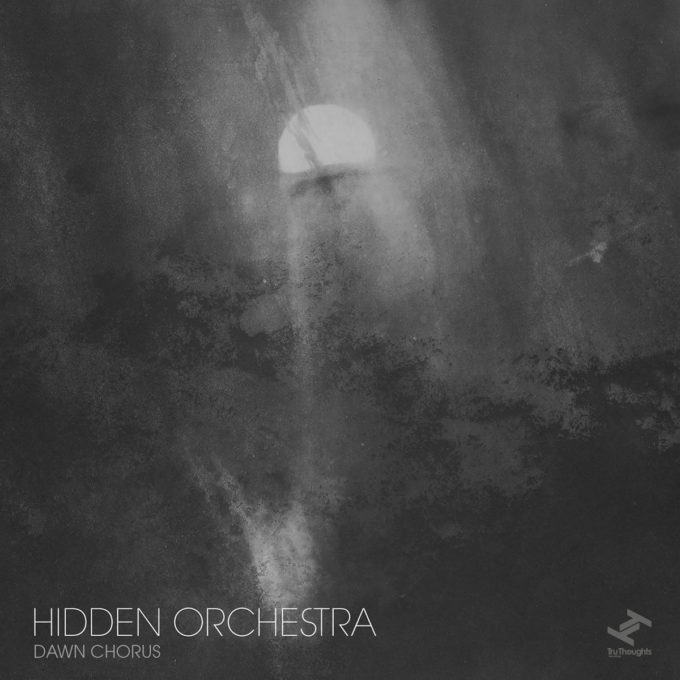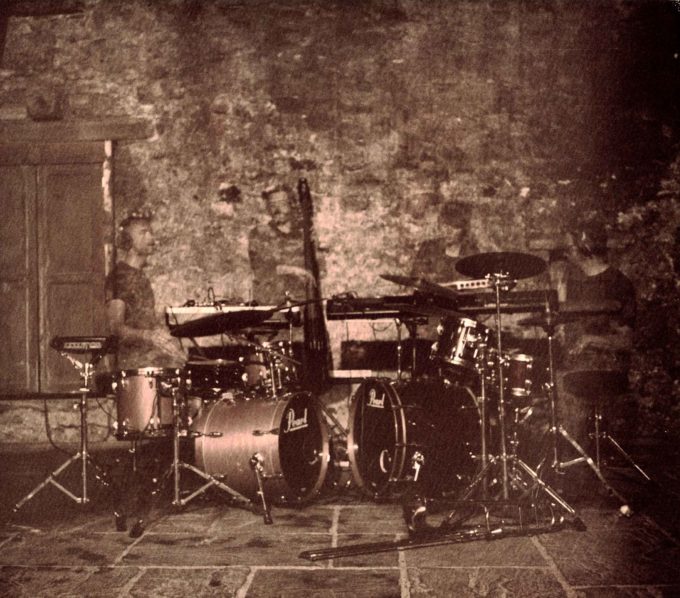


Ahead of Hidden Orchestra’s arrival at the Attenborough Centre for the Creative Arts this Saturday 9 of December, Laura Ducceschi, our Contemporary Music Programmer talks with producer and composer Joe Acheson about his music under the alias of Hidden Orchestra. They discuss Joe’s creative process, new single ‘Alyth’ and about his inspirations for his eclectic and ‘imaginary orchestra’.
We’ve compiled a few questions from the podcast but to listen to much more from their conversation click here:
How would you describe Hidden Orchestra?
Hidden Orchestra is like an imaginary orchestra that I compile myself in my studio using a lot of recordings of different musicians that come down and record on my studio. Partly things I’ve written for them, bits of improvisation that I use as sampling material. I combine all these different players to create an orchestra that doesn’t really exist, layered with lots of drums and bass and field recordings. I often record people that I meet while travelling and all kind of things that would be impractical to get people together. Also, the way I work with recordings, people sometimes find it a bit unusual at first but quite often I would do sort of directed improvisations which I use as sampling materials. So, I’ll look for hooks and phrases and individual notes and build what I want out of that, so it’s a very free way to put an imaginary group together.
You have an album release very soon, I believe, there is an announcement coming out in a couple of weeks and there is a single dropping imminently called ‘Alyth’, is that how you pronounce it?
Alyth yeah, it’s actually a small village in Scotland, well a little town. I went there a few years ago for like a week. It was sort of a writing retreat, in a little cottage and in that track, there are a lot of rain, fire and birdsongs that were all recorded when I was there. It also features a lot of Scottish harp recordings with my collaborator Mary Macmaster playing some traditional folk music. Tying everything together with the Scottish themes.
You dropped an album earlier in the summer called Dawn Chorus, what’s going on with this new exciting release?
It’s a remix album, so the sort of idea behind Dawn Chorus was that each track is set to a different Dawn Chorus recording, so I sort of collect them along other recording while I’m traveling on tour. This was a really great opportunity to make a cohesive album of remixes, with carefully chosen artists. I’m really lucky that I get a lot of people that either influence me or people I am just a fan of.
If I was to make a whole lot of inappropriate presumptions I would imagine, from what I hear in your music, that you have been a classically trained musician and you were very much into a life in nature and you like to dance, that’s the kind of picture that comes to mind from what I’m hearing. Is anything of this true?
Yeah, I grew up in the countryside and that was the great things of living in Edinburgh and again Brighton, being so close to really beautiful countryside. I was classically trained, started out mostly singing in choirs and that was my biggest influences both on the aesthetic but also the compositional style. Maybe the reason it is hard to pick out individual instruments when you listen to it, is because I like to stack up lots of recordings on top of each other. It ends up being that the overall sound is more important than the individual voices, in that kind choral sort of way. And yeah, I like to dance.